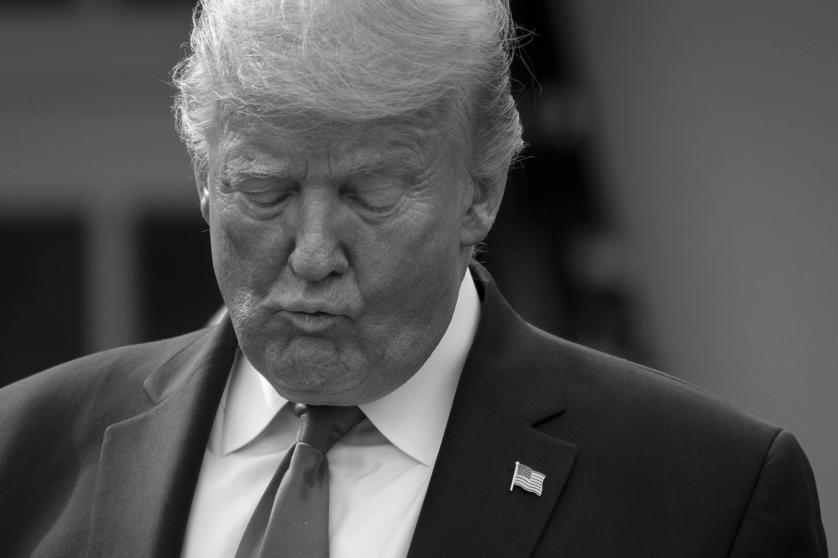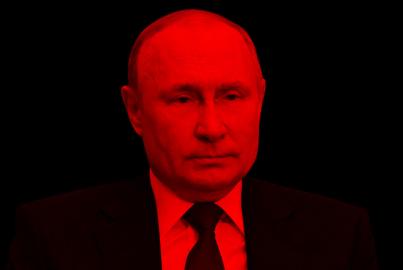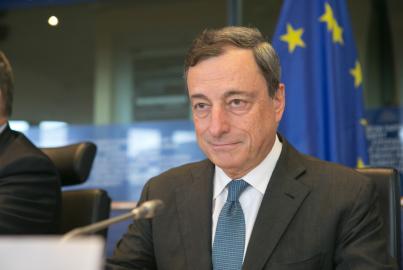‘Trumptinism: When geopolitics turns into ego-politics’
Other related content
Read more
Read more
Read more
Stop Draghi’s oproep niet in de kast
17.09.2024
Read more
Read more
Read more
Nu of nooit voor Europese defensie
13.01.20236 / 50







